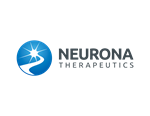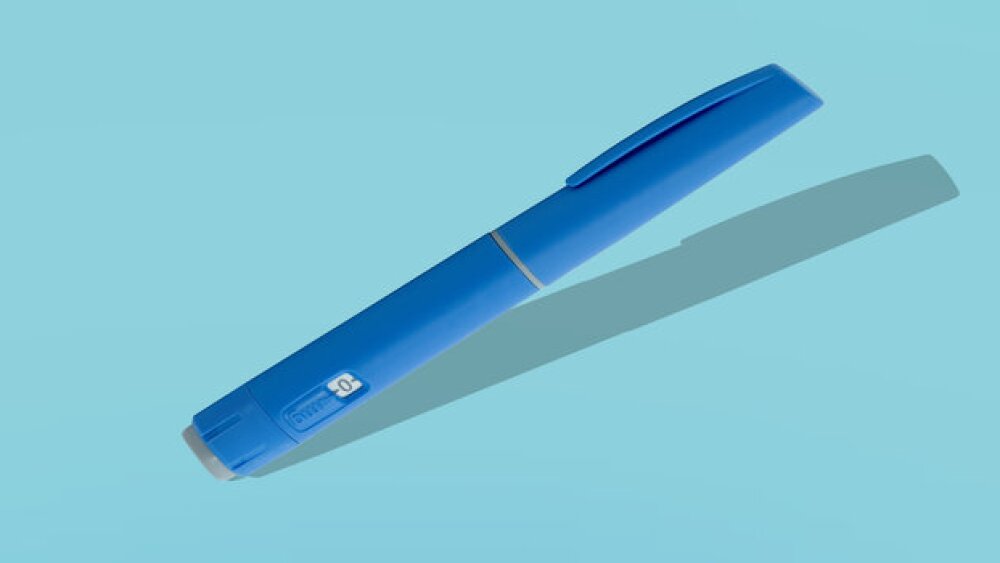Neurona Therapeutics , a biotherapeutics company advancing neural cell therapies for the treatment of neurological disorders, today announced the presentation of preclinical data from its lead inhibitory neuron cell therapy program, which is being developed for the treatment of drug-resistant focal epilepsy.
SAN FRANCISCO, April 19, 2021 (GLOBE NEWSWIRE) --Neurona Therapeutics, a biotherapeutics company advancing neural cell therapies for the treatment of neurological disorders, today announced the presentation of preclinical data from its lead inhibitory neuron cell therapy program, which is being developed for the treatment of drug-resistant focal epilepsy. The data demonstrate that after a single administration in a rodent model of drug-resistant temporal lobe epilepsy (TLE), the injected neuronal cells exhibited long-term persistence in the target tissue, reduced temporal lobe pathology, and resulted in robust and reproducible seizure suppression.
“These compelling data support further development of Neurona’s lead inhibitory neuron candidate, NRTX-1001, as a potentially restorative cellular therapy alternative for people living with chronic focal epilepsy,” said Cory Nicholas, Ph.D., President and Chief Executive Officer, Neurona. “While surgery to remove or ablate the temporal lobe is a current option for some people with drug-resistant TLE, it is a destructive procedure that is not an option for all patients. Neurona is advancing NRTX-1001 through final preclinical studies and will soon file an Investigational New Drug (IND) application to the FDA, with the goal of bringing this innovative cell therapy into clinical trials later this year.”
“Neurona has successfully leveraged its regenerative cell therapy platform to create a promising pipeline of off-the-shelf cell therapies that have the potential to significantly impact the treatment of focal epilepsy and other chronic disorders of the nervous system,” said Stephen L. Hauser, M.D., Director of the UCSF Weill Institute for Neurosciences and Neurona Board Director. “Neurological disorders have historically been resistant to traditional drugs and are prime targets for regenerative cell therapies, like the neural cell therapy candidates Neurona is developing. These novel cell therapies have the potential to transform the lives of patients who are currently underserved.”
The data presented at the AAN meeting describe positive safety and efficacy data in an animal model of drug-resistant TLE with stable elimination of seizures in most animals treated with the human inhibitory neurons followed for the duration of the study, up to nine months post-treatment. Robust and reproducible seizure suppression was achieved with multiple, independently produced lots of the human neurons across a broad dosing range. Moreover, the human cell treatment significantly decreased damage in the temporal lobe.
About NRTX-1001
NRTX-1001 is an inhibitory nerve cell therapy derived from human pluripotent stem cells using Neurona’s proprietary manufacturing process. The inhibitory neurons, or interneurons, secrete the key inhibitory neurotransmitter, gamma-aminobutyric acid (GABA). Once delivered, the human interneurons integrate and innervate on-target, providing local GABAergic inhibition to rebalance and repair hyperexcitable neural networks that underlie epilepsy as well as other disorders of the nervous system. Neurona is initially focused on developing NRTX-1001 as a treatment for TLE, which is the most common type of focal epilepsy.
About Neurona
Neurona’s neural cell therapies have single-dose curative potential. Based on a novel neural cell lineage developed by the company’s scientific founders, Neurona has built a robust regenerative platform and is developing neuronal, glial, and gene-edited cell therapy candidates that provide long-term integration and repair of dysfunctional neural networks for multiple neurological disorders. The company’s lead inhibitory neuron candidate, NRTX-1001, is initially being developed for the treatment of chronic focal epilepsy. For more information about Neurona, visit www.neuronatherapeutics.com
Neurona Therapeutics
Investor and Media Contacts:
| Sylvia Wheeler Wheelhouse LSA swheeler@wheelhouselsa.com | Elizabeth Wolffe, Ph.D. Wheelhouse LSA lwolffe@wheelhouselsa.com |





